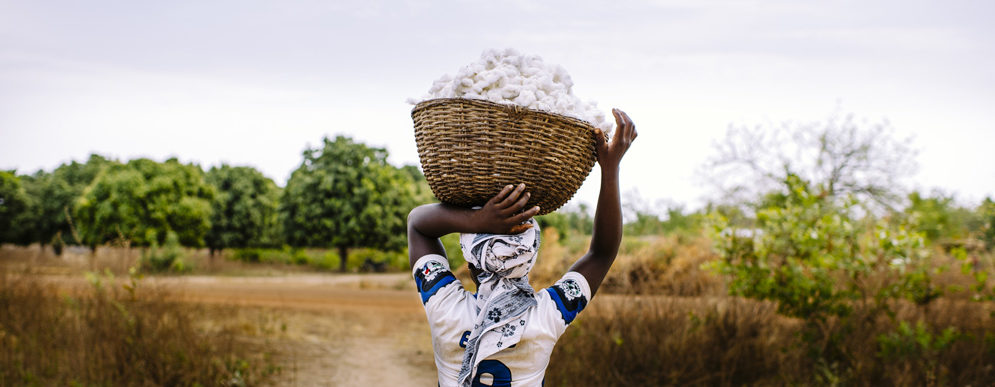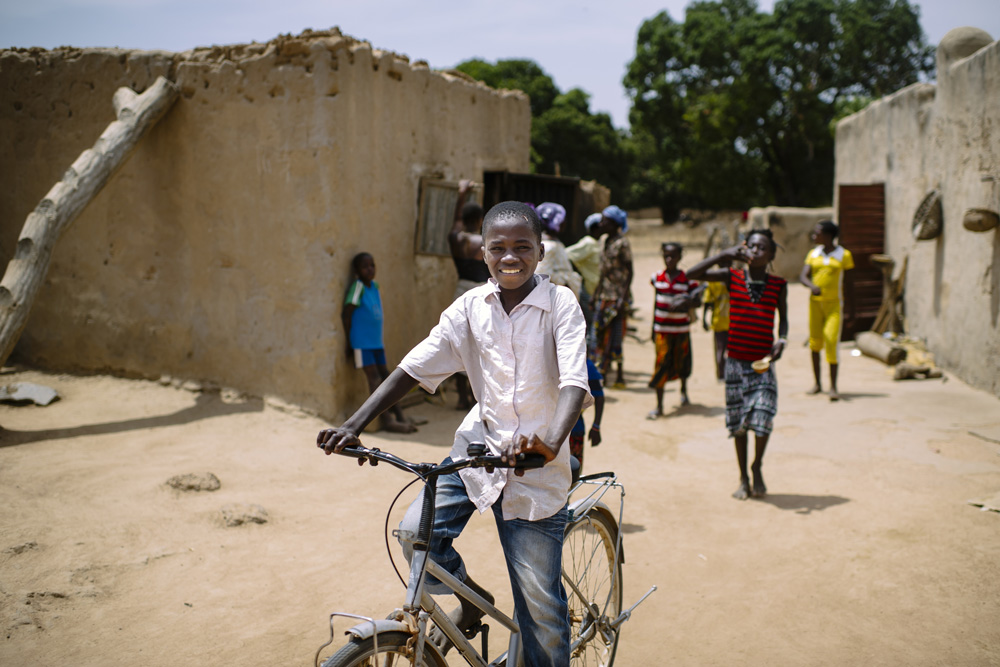It is already evident that a combination of rapid urbanization, swelling population and climate change will increase pressure on the agricultural sector, demanding innovation and work force to safeguard food production. This goes for the Sahel region as well as for other agrarian economies in Africa and elsewhere. Considering the average age of farmers is around 60 while most of the population in Africa is under 25, ensuring that agriculture offers attractive employment will be vital for food security in many countries on the continent.
But is farming an attractive career choice for the youth of today? What opportunities and constraints do young people see in agriculture? A new research project in Burkina Faso seeks to find this out.
In Asia and Sub-Saharan Africa, 80% of the food supply comes from smallholder farmers. In Burkina Faso, agricultural production almost entirely relies on smallholder systems. Farming in this part of the world is rain-fed and commercialization is still low. So, erratic rains and higher temperatures, brought by climate change, are likely to make farming harder, challenging food security.
However, it is not all that bad: Income levels are increasing, more people have access to education, and urbanization and globalization connect people in new ways. These changes influence where people, particularly the youth, see opportunities for making a living.
“If we find out what stops young people from becoming a farmer and what presents an opportunity for them when it comes to agriculture, we would know where to allocate the resources to create the kind of supportive environment that will help young people who want to work with agriculture,” says Hanna Sinare, a researcher at Stockholm Resilience Centre and member of the Focali research network. Thanks to the mobility starting grant she received through Formas, the Swedish research council, Hanna is investigating how young people in Burkina Faso see agriculture and what their livelihood aspirations are.

